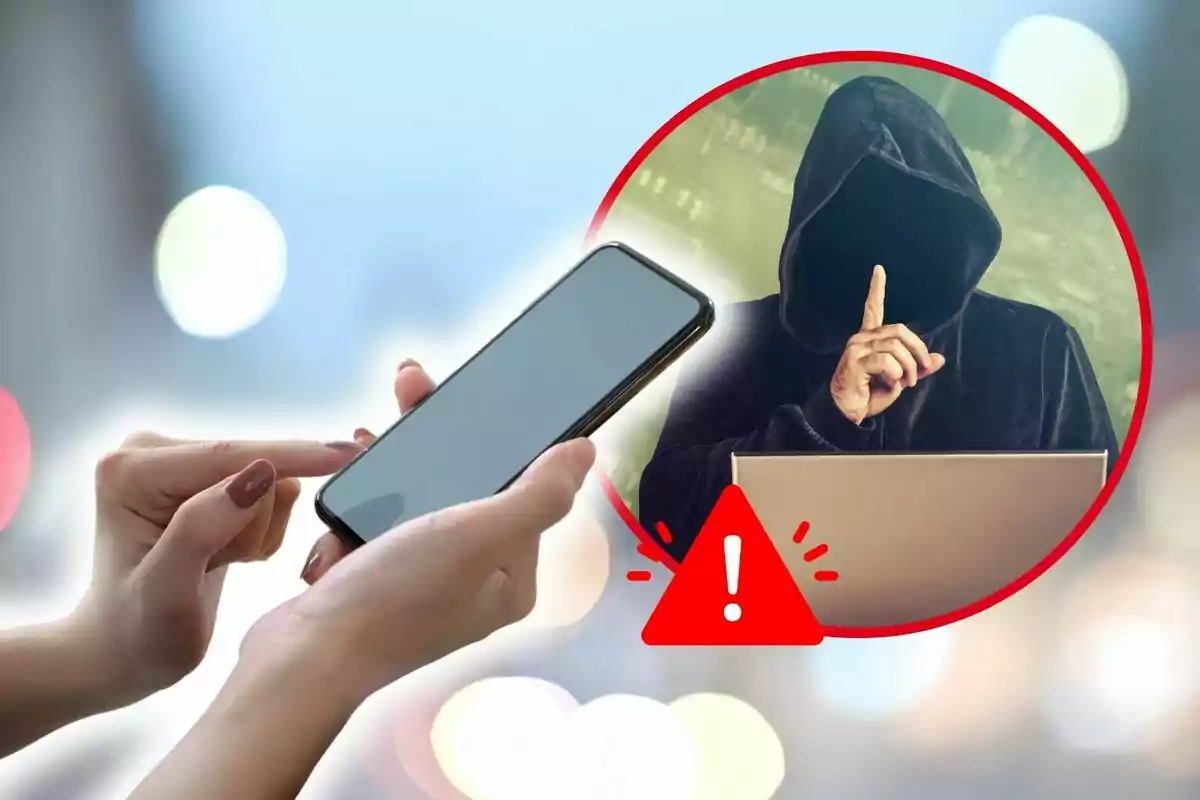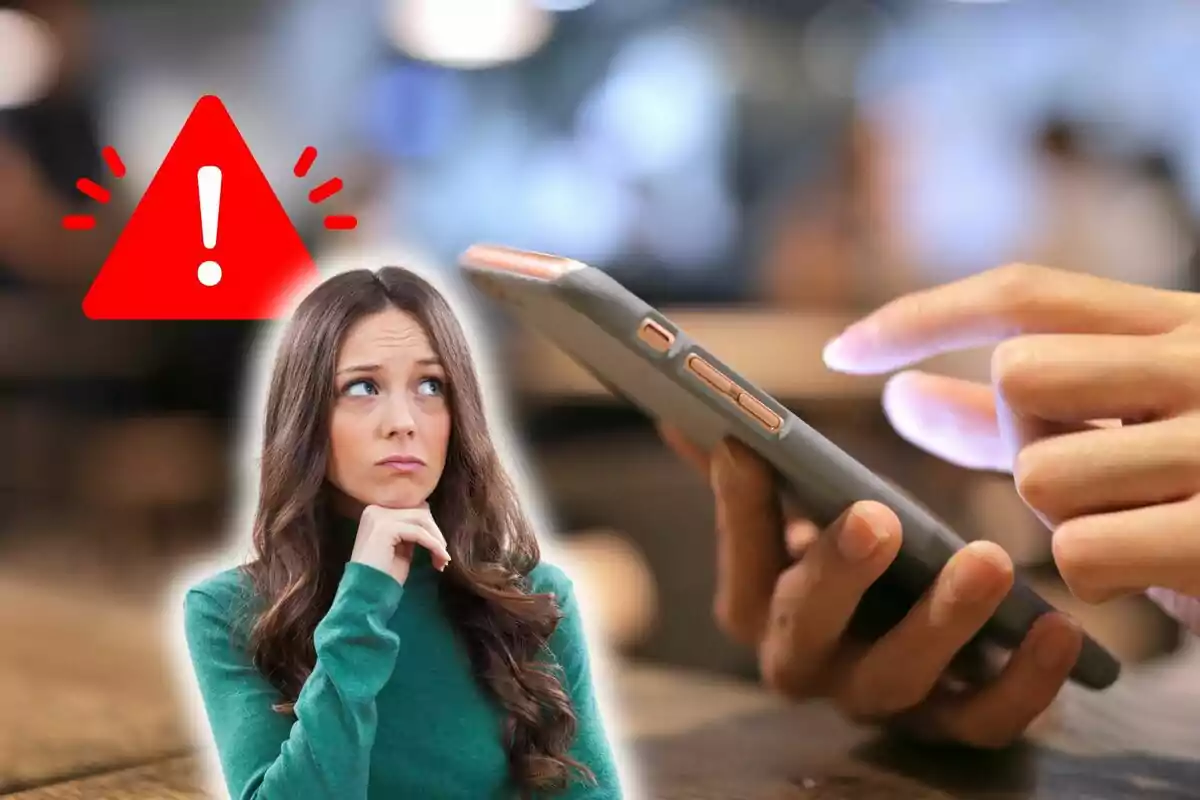Vodafone has issued an important warning that has raised alarms among many of its customers. Through its website, the company has informed about a new scam that is spreading rapidly. Cybercriminals are using a technique that, although it seems safe at first glance, hides a great danger: captchas.
The operator has explained that an increase in digital fraud attempts related to these verification systems has been detected. Specifically, they warn that some criminals are using them to carry out attacks that can put your personal and banking information at risk.
This type of scam adds to others already known such as phishing, smishing, and trojans. The worrying part of the case is that now the strikers have perfected their method. They use captchas as an additional step in their chain of deception.

Vodafone explains what a captcha is
A captcha is a tool found on many websites and is used to verify that the user is a real person. It can appear as a checkbox with the phrase "I'm not a robot." But also as a series of images where you have to select traffic lights or cars, or a code you must type.
Under normal conditions, its function is to protect websites against automated access and malicious bots. However, scammers have found a way to use these captchas as a trap to make the user lower their guard.
The criminals prepare fake pages that perfectly mimic the aesthetics of browsers like Google Chrome. On these pages, a fake captcha appears, and upon solving it, the user is asked to download a file. This file is, in reality, a malicious program.
Once installed, the strikers can access sensitive data such as passwords, cookies, or even cryptocurrency wallets. It is a technique based on social engineering. That is, manipulating the user to act without thinking, trusting in an appearance of security.

Vodafone gives some key tips to avoid falling into the trap
The company advises its customers and all internet users to take precautions to protect themselves against this new form of scam. They ask to check the web address when you encounter a captcha.
If it contains errors, strange symbols, or seems suspicious, close the page. Also, you should not download files offered to you right after completing a verification. Be wary if the captcha appears out of context, on sites that don't normally use it or where you didn't expect to see it.

